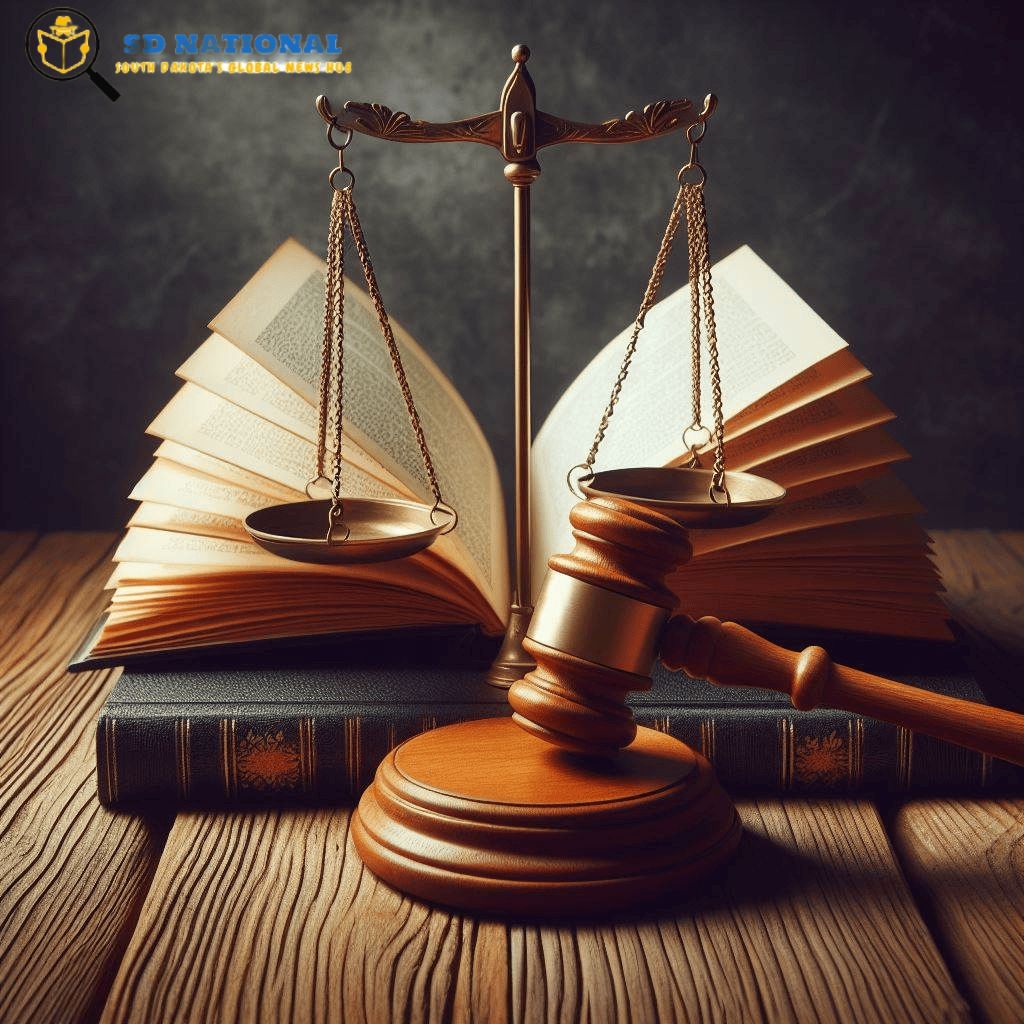In the realm of governance, the maxim “It is not wisdom but authority that makes a law” holds profound significance. This statement encapsulates the dynamic interplay between the legitimacy of law and the authority vested in those who enact it. Delving into this concept unveils a nuanced understanding of how authority, rather than sheer intellect alone, serves as the bedrock upon which laws are established and upheld.
Understanding the Dynamics
The Essence of Authority
Authority, in its essence, emanates from various sources, including governmental institutions, legal bodies, and societal consensus. It represents the sanctioned power to command obedience and enforce compliance. Within this framework, the legitimacy of laws derives not solely from their intrinsic merit but also from the authority vested in the entities promulgating them.
Wisdom Versus Authority
While wisdom undoubtedly informs the content and formulation of laws, it is authority that ultimately imparts binding force to legal provisions. Wisdom may shape the substance of legislation, drawing from principles of justice, equity, and societal welfare. However, without the imprimatur of authority, such wisdom remains inert, lacking the potency to effectuate legal obligations.
The Role of Authority in Legal Systems
Legal Positivism
Legal positivism, a philosophical doctrine espoused by eminent jurists like John Austin and H.L.A. Hart, underscores the primacy of authority in legal systems. According to this perspective, laws derive their validity not from moral considerations but from authoritative commands issued by recognized legislative bodies. In essence, the authority of lawmakers confers legality upon statutes, irrespective of their moral merits.
Constitutionalism and Rule of Law
In constitutional democracies, the concept of the rule of law reinforces the pivotal role of authority in governance. Through constitutional frameworks, authority is allocated and circumscribed, ensuring that laws emanate from duly constituted bodies and adhere to prescribed procedures. The legitimacy of laws, thus, hinges on their conformity to constitutional norms and the authority vested in governing institutions.
Implications for Legal Interpretation and Enforcement
Judicial Review and Legal Interpretation
In the realm of judicial review, the judiciary exercises authority to interpret and apply laws, thereby shaping their practical implications. Through reasoned adjudication, courts imbue legal norms with authoritative meaning, elucidating their scope and implications in diverse contexts. This process underscores the dynamic interaction between legal authority and the interpretative role of judicial bodies.
Law Enforcement and Compliance
Law enforcement agencies serve as custodians of legal authority, tasked with upholding the rule of law and ensuring compliance with statutory mandates. Through the exercise of coercive power, law enforcement entities enforce legal norms, thereby reinforcing the authority vested in legislative enactments. Compliance with laws, therefore, is predicated not solely on their wisdom but on the authoritative imperative underpinning them.
Conclusion: Navigating the Nexus of Wisdom and Authority
In conclusion, the aphorism “It is not wisdom but authority that makes a law” encapsulates the intricate nexus between legal legitimacy and the authoritative mandate. While wisdom may inform the content and formulation of laws, it is the imprimatur of authority that imbues legal norms with binding force. From constitutional frameworks to judicial interpretation and law enforcement, authority permeates every facet of the legal landscape, shaping the contours of governance and the administration of justice.
In navigating this dynamic interplay, stakeholders must recognize the pivotal role of authority in conferring legitimacy upon laws, while simultaneously upholding principles of justice, fairness, and the rule of law. By embracing the symbiotic relationship between wisdom and authority, societies can forge a more robust and equitable legal framework, one that embodies the collective aspirations and values of its citizenry.



